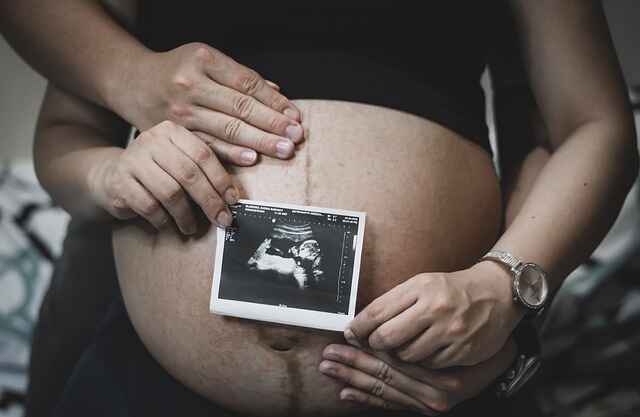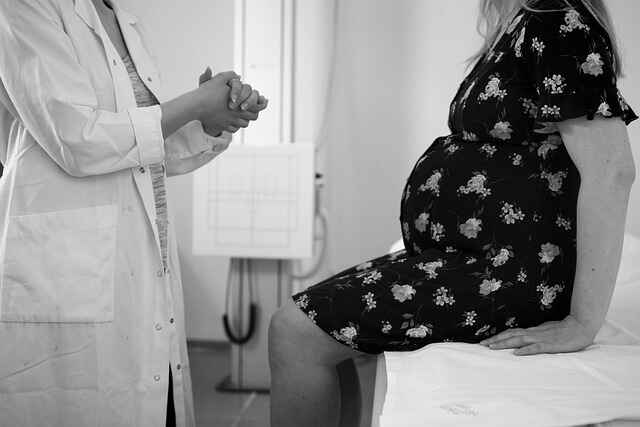Pregnancies can take many different forms. Here we share the 10 different types of pregnancy
Contents
1. Intrauterine pregnancy
- In this type of pregnancy, the fetus(es) implant inside the uterus, and the placenta attaches to the uterine muscle inside the uterus.
Also Read: What Are The 3 Trimesters Of Pregnancy? What Happens During These Trimesters?
2. Ectopic pregnancy
- This kind of pregnancy happens when a fertilised egg implants somewhere other than the fallopian tube or the uterus, like the belly or the neck of the uterus.
- The body typically spontaneously aborts the foetus during this type of pregnancy because it is not viable. (Source)
This pregnancy is potentially fatal when it ruptures, and it may need surgery to repair.

3. Tubal pregnancy
- This is a type of ectopic pregnancy.
- This pregnancy happens when an egg that has been fertilised implants in the fallopian tube rather than the uterus.
- This pregnancy is not viable. So, if a miscarriage does not happen naturally on its own, it is done surgically.
4. Intra-abdominal pregnancy
- These pregnancies typically develop after a previous C-section. (Source)
- The foetus may fall into the abdominal cavity as the C-section scar deteriorates and tears.
- The gestational age of the foetus at the time of the tear determines whether or not the pregnancy is viable.
5. Singlet pregnancy
- In this pregnancy, one egg and one sperm combine, leading to the development of one foetus.
6. Multiple pregnancies (twins, triplets, quadruplets, etc.)
- This can happen when two sperm enter one egg, two sperm fertilise one egg, or one egg is fertilised by one sperm that divides into two zygotes. It can also happen when numerous eggs are fertilised simultaneously.
- When more than one egg is fertilised or when two sperm fertilise one egg, the result is a set of fraternal twins.
- The division of a single egg into numerous zygotes produces identical twins.

7. Lupus pregnancy
- Women having the autoimmune disease lupus can normally get pregnant but it is a high-risk one. Mothers can pass certain antibodies and infants can be born with neonatal lupus. A condition that can develop into a serious heart defect called congenital heart block.
8. High-risk pregnancy
- High-risk pregnancies are those that carry a higher risk of problems.
This includes women:
- Older than 35
- Having diabetes.
- Combined with any medical issues that could impact pregnancy.
- Pregnancy with multiples.
- Who needs to take drugs to treat illnesses that could harm the foetus.
- With a history of problems from prior pregnancies.
9. Molar pregnancy
- Also known as hydatidiform mole, a molar pregnancy is a complication that is characterized by the abnormal growth of trophoblasts, the cells that normally develop into the placenta.
- This pregnancy whether partial or complete can have serious complications including a rare form of cancer. So, it requires early treatment.





